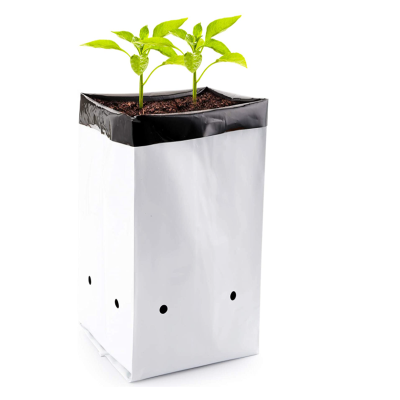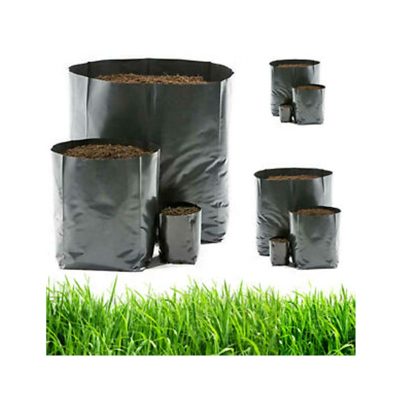Many people like to grow all kinds of flowers and green plants. The green plants that are not in bloom fill the scene full of vitality. When they are in full bloom, the flowers are very beautiful. However, with the extension of the time for growing flowers and green plants, people will find that the soil in the potted flowerpot will gradually become firmer and firmer, and such soil will quickly agglomerate even if the soil is turned continuously. What’s going on?
In fact, with the continuous growth of our cultivated flowers and green plants, the roots of the plants will continue to absorb nutrients from the soil. In addition, with the increasing number of waterings, our soil will become more and more delicate, and the gaps in it will gradually be filled with crushed mud, which will reach a state of compaction over time.
The compacted soil is extremely unfavorable for the growth of plants. On the one hand, it will cause certain difficulties for the growth of the root system of the plant. At the same time, the compacted soil also means the lack of nutrients in it. The flowers and green plants cultivated in such soil will enter soon. A state of poor growth.
So how should we prevent this natural soil compaction phenomenon?
Below we introduce several kinds of “wastes”, which can help friends who grow flowers to reduce the probability of soil compaction, and can also properly supplement some nutrients. Let’s take a look at what suitable “wastes” can be used.
1. Egg shell
Egg shell is a substance rich in calcium, pungent and other trace elements. The egg shell is fully crushed and can be stirred in the soil to prevent the soil from compacting too quickly. Release the nutrients that various flowers and green plants need. Therefore, egg shells are still a very good choice for flowers and green plants to prevent soil compaction and increase trace elements.
2. Sawdust
Shredded wood chips or bark and leaves are also a “waste” that can help prevent soil compaction and increase soil nutrients. We also often recommend that you use humus soil to grow flowers and green plants to increase drainage performance, and increase organic matter. Sawdust, bark, and broken leaves can be very slow F · B for a long period of time, which is a good choice for flowers and green plants to prevent soil compaction, water retention and drainage. So some people will ask, do leaves or wood chips need to be fully fermented before they can be used? The answer is no, shouldn’t we find that trees and plants will ferment and die from their fallen leaves? It’s very rare! Furthermore, we do not add a lot of sawdust and leaves, and fermentation will not cause damage to the roots of the plant.
3. Peanut shell
Peanut shell is a very common waste. In fact, it is still a “treasure” for us who grow flowers. Compared with wood chips, peanut shells are very good in maintaining soil fertility, enhancing soil loosening ability, and nutrient supply. We can make full use of it. It’s just that peanut shells need special attention when using them. Some artificially processed peanut shells with various flavors are best soaked for more than 72 hours, dried and crushed before use. Substance residues, especially some salty peanut shells, must be cleaned of salt before use.
In addition, we can also use it as a substance to increase soil loosening ability and enhance soil fertility, as well as shells such as seafood, which we can use after drying and mashing.
The above types of “wastes” can improve soil organic matter and avoid soil degradation. Everyone can use some of them appropriately when planting flowers, so people will find that the flowers and green plants they grow will grow more lush. .







